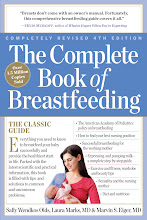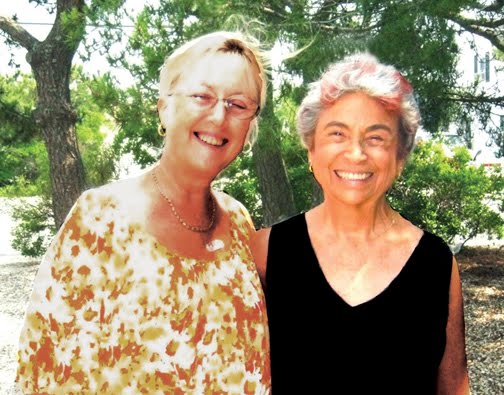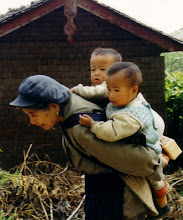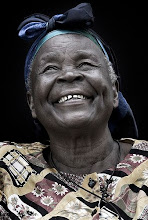I am deeply appreciative of my friends and family who phone or visit me after David’s death, but when they ask this question, I don’t know how to answer. I’m not “fine,” and I’m not “okay.” I could say that I am, but what a lie that would be. So I have tried out various answers, like these:
“I’m taking it one day at a time.”
“I have a lot of support from my family and good friends.”
“I’m putting one foot in front of the other.”
“I’m eating and sleeping.” (Actually, I’m doing a little too much of the one – people have been much too generous bringing tempting sweets – and too little of the other – I’m discovering TV shows I never watched before -- but I’m sure that will change.)
“I’m breathing.”
“I’m getting stuff done.” (And there’s a lot to do, I’m finding out.)
“Compared to what?” (This, only to a close friend who appreciates black humor.)
What I find most helpful for well-wishers to ask is, “What did you do today?” or “What are you going to do tomorrow?” Specific questions that I can give specific answers to.
Everyone in this situation is different, of course, and everyone experiences a major loss differently, so I’m not giving any advice – just saying what it’s like for me. I’d like to know how other bereaved people answer this question from kind people who really want to know.
Glitter Leaves
4 months ago






















.jpg)





.jpg)
.jpg)
.jpg)
.jpg)




.jpg)






.jpg)
4 comments:
I hated it when people asked me how I was after my beloved Robert died. What could I answer? "Horrible, what do you think?" would just alienate well wishers, so often I would just ignore the question and hug the person.
We're all different, as you say. For me, "I loved him, too," was the best thing someone could say to me. "Tell me about Robert," was also welcomed.
People desperately want to help and don't know how. It's a kindness to them when we reach out and ask for something specific, I found.
I keep telling people that the only thing that helps is when people say, "I'm sorry for your loss" and give me a hug. Everything else is too hard. Like when they say, "He lived a good long life," or "At least he didn't suffer," those things are true but they only seem to minimize what i'm feeling which is a tremendous loss.
Sally, your post made an immediate impact in my life. On my walk this morning I ran into a friend who told me her husband died in July. After offering my condolences, I thought of your post and did not ask her how she was doing. Instead, I waited a few minutes and then asked: what's the hardest thing for you? And she began to tell me.
So I thank you for teaching me a more sensitive way to have a conversation with someone who is grieving.
It is always so hard to know what to say to someone who has suffered a loss. I appreciate that you give your friends credit for reaching out to you, even if they don't always do it gracefully. And I love your answer, "Compared to what?" A sense of humor is a great asset in getting through hard times, even when it is of necessity a rather dark sense of humor.
You are still in my thoughts, Sally.
Post a Comment